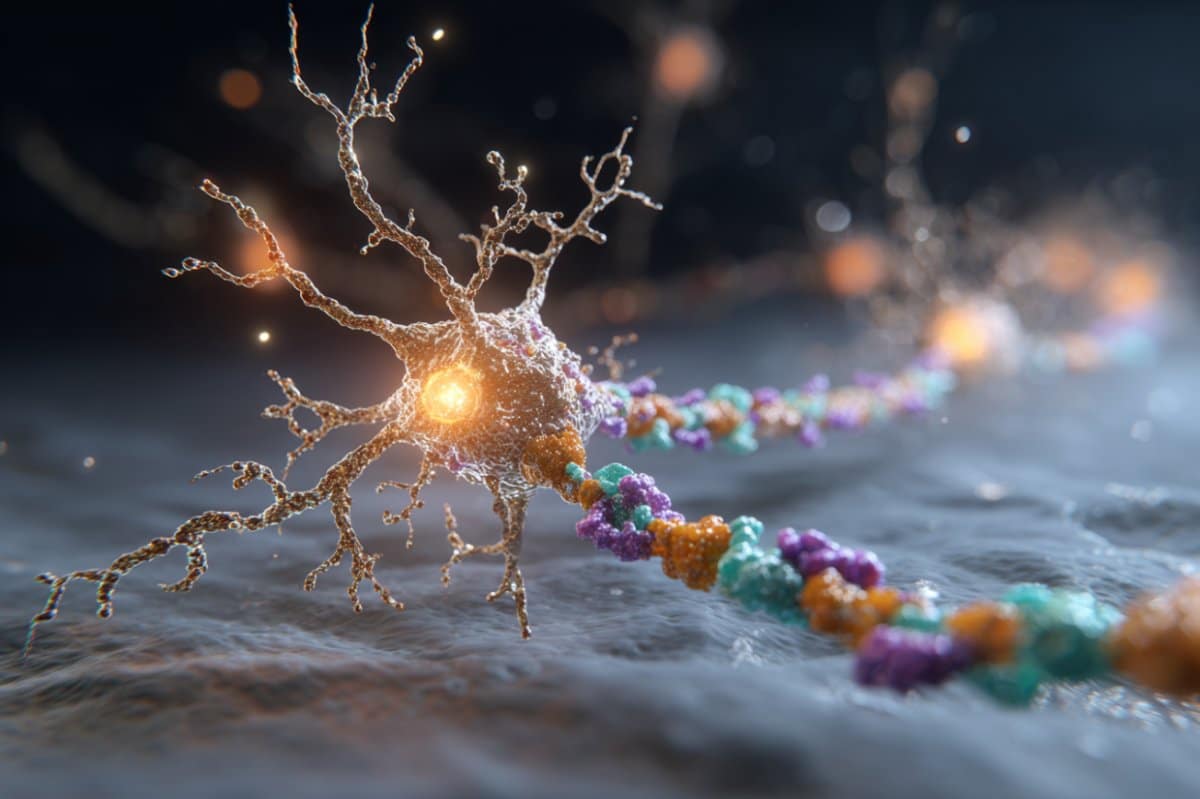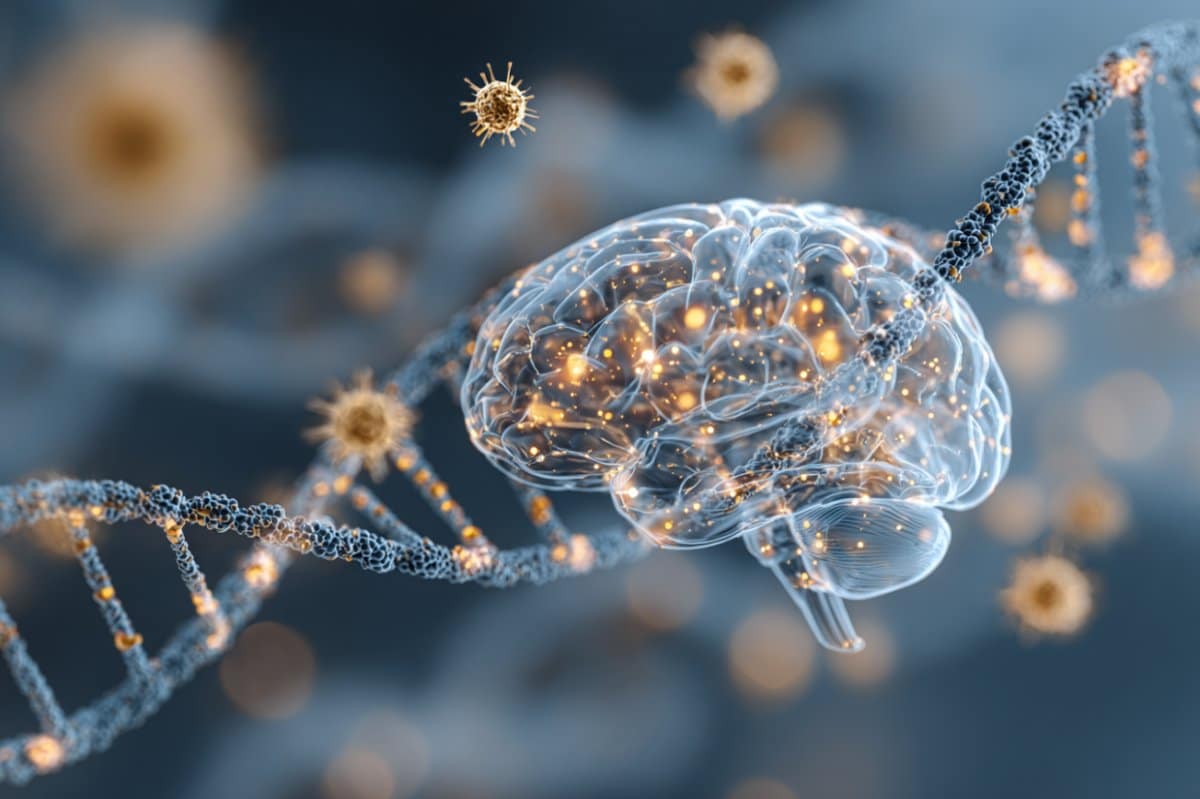T4K3.news
Study Reveals Cellular Mechanism for Sleep Regulation
Oxford researchers discover that mitochondria signal the need for sleep in fruit flies.

A recent discovery sheds light on the biological need for sleep.
New Study Links Mitochondrial Function to Sleep Regulation
Researchers at the University of Oxford have identified a cellular mechanism that signals when the body needs sleep. Their study, conducted on fruit flies, shows that mitochondria, the cell's power generators, become overloaded during sleep deprivation. This overload affects sleep-regulating neurons, indicating when the brain is low on energy and needs rest. Their findings reveal that sleep is essential for resetting this metabolic overload, helping to maintain brain health. The research highlights the connection between metabolism and sleep, potentially informing treatments for sleep disorders and neurological diseases like Alzheimer's.
Key Takeaways
"Despite decades of research, no one had identified a clear physical trigger."
Gero Miesenböck discusses the significance of the new findings in understanding sleep triggers.
"When they do, they generate reactive molecules that damage cells."
Raffaele Sarnataro explains the consequences of mitochondrial overload on cell health.
"The answer appears to be written into the very way our cells convert oxygen into energy."
Sarnataro emphasizes how our cellular processes dictate our need for sleep.
This study offers valuable insight into the biology of sleep, tackling long-standing questions about its purpose. By pinpointing mitochondria's role, researchers are not only unraveling the complexity of sleep regulation but are also highlighting how vital sleep is for cognitive function. The implications for public health are significant, especially in a world where sleep disorders are rising. Understanding these mechanisms could lead to better treatments for those who struggle with sleep, and might even impact our approach to associated neurological conditions.
Highlights
- Sleep is fundamental, as it helps reset energy levels in our brain.
- Mitochondria's role in sleep sheds light on a biological mystery.
- This discovery could revolutionize how we treat sleep disorders.
- Understanding sleep can unlock answers for many neurological conditions.
Sleep Research Raises Health Concerns
The findings from this study highlight the potential health risks associated with sleep disorders and their links to neurological conditions, suggesting a need for increased public awareness and resources for treatment.
This discovery enhances our understanding of sleep's critical role in brain health and function.
Enjoyed this? Let your friends know!
Related News

Oxford researchers discover why we need sleep

New study links disrupted sleep to dementia risk

New study uncovers sleep's mitochondrial links

New study reveals secrets of mood regulation receptors

Gut cells discovered to communicate like neurons

New Research Uncovers Factors Influencing Antidepressant Efficacy

Psilocybin shows promise as an anti-aging treatment

Psilocybin Shows Promise in Aging Research
